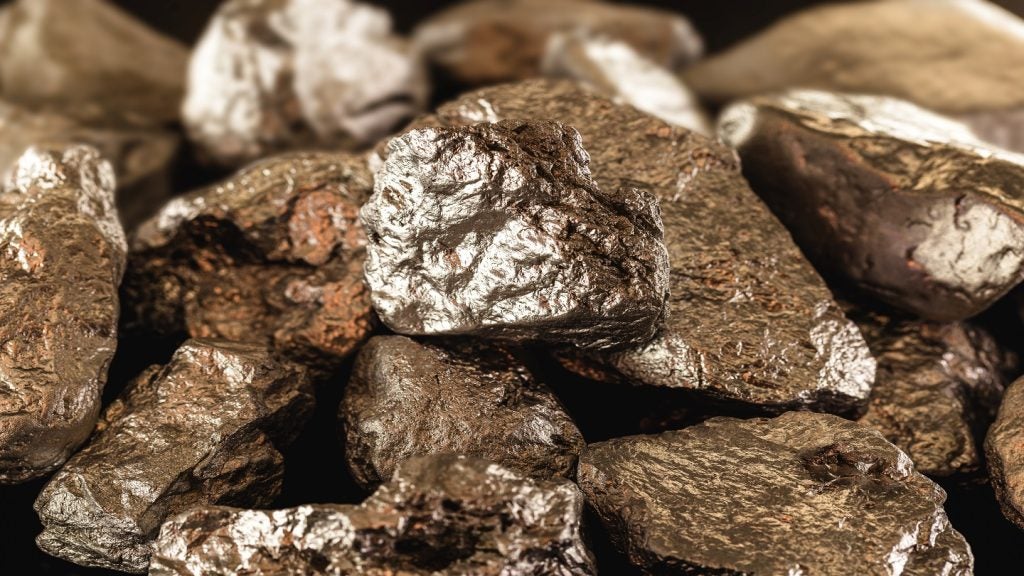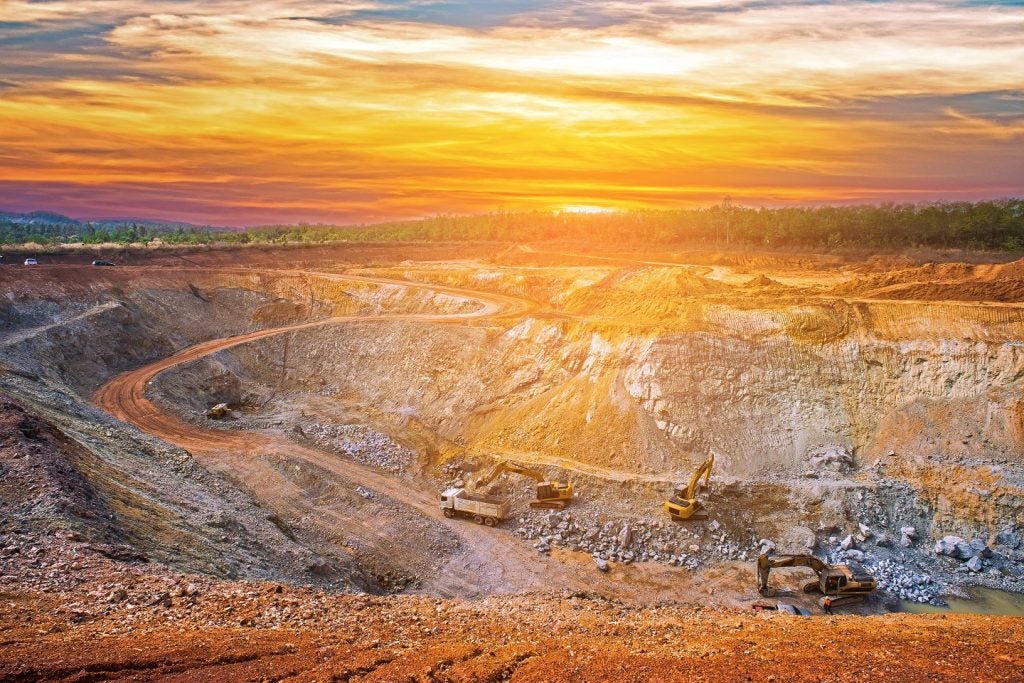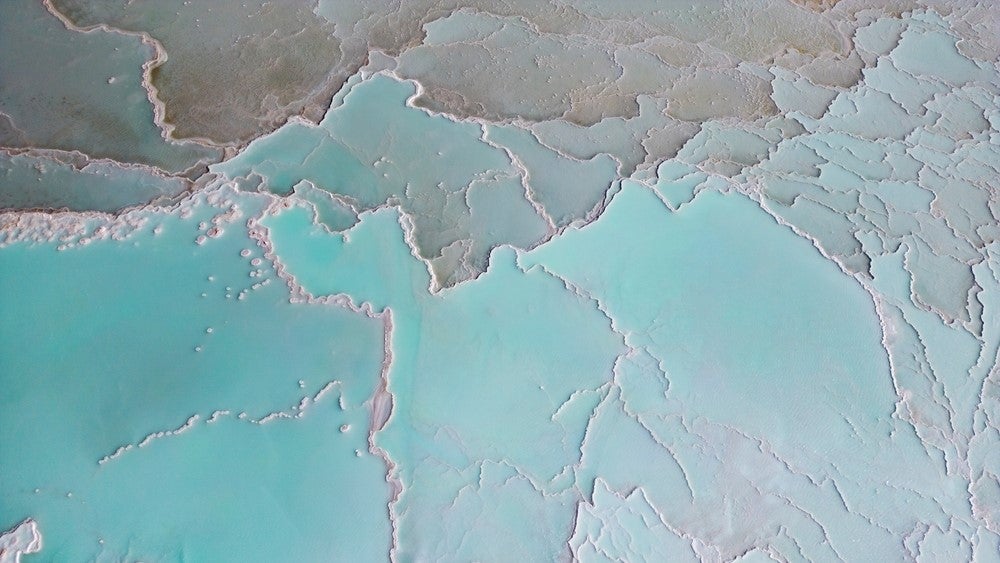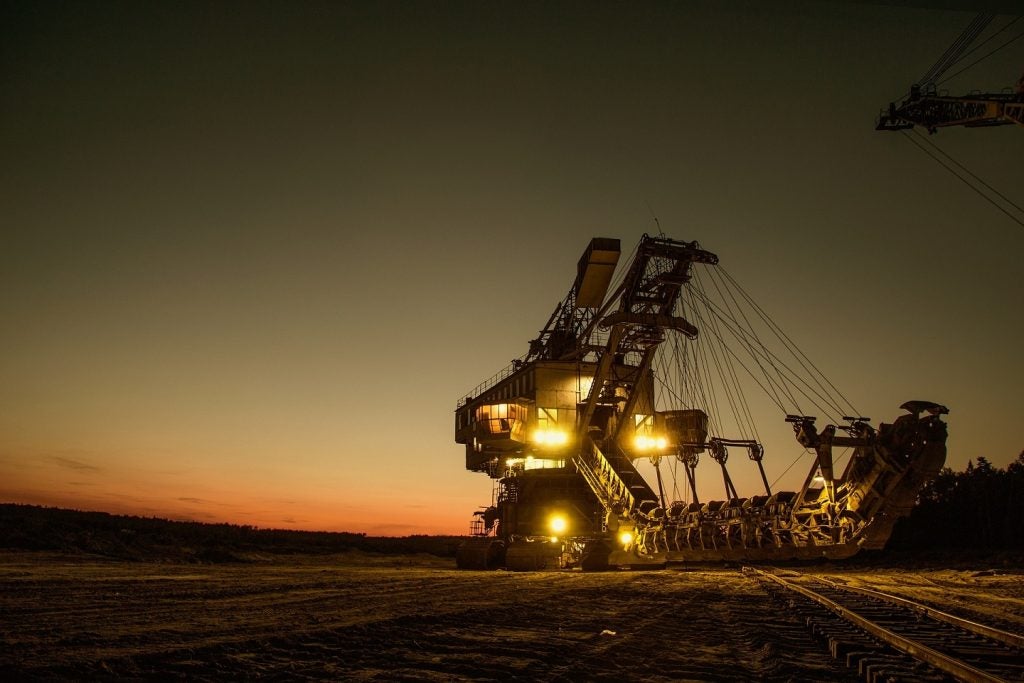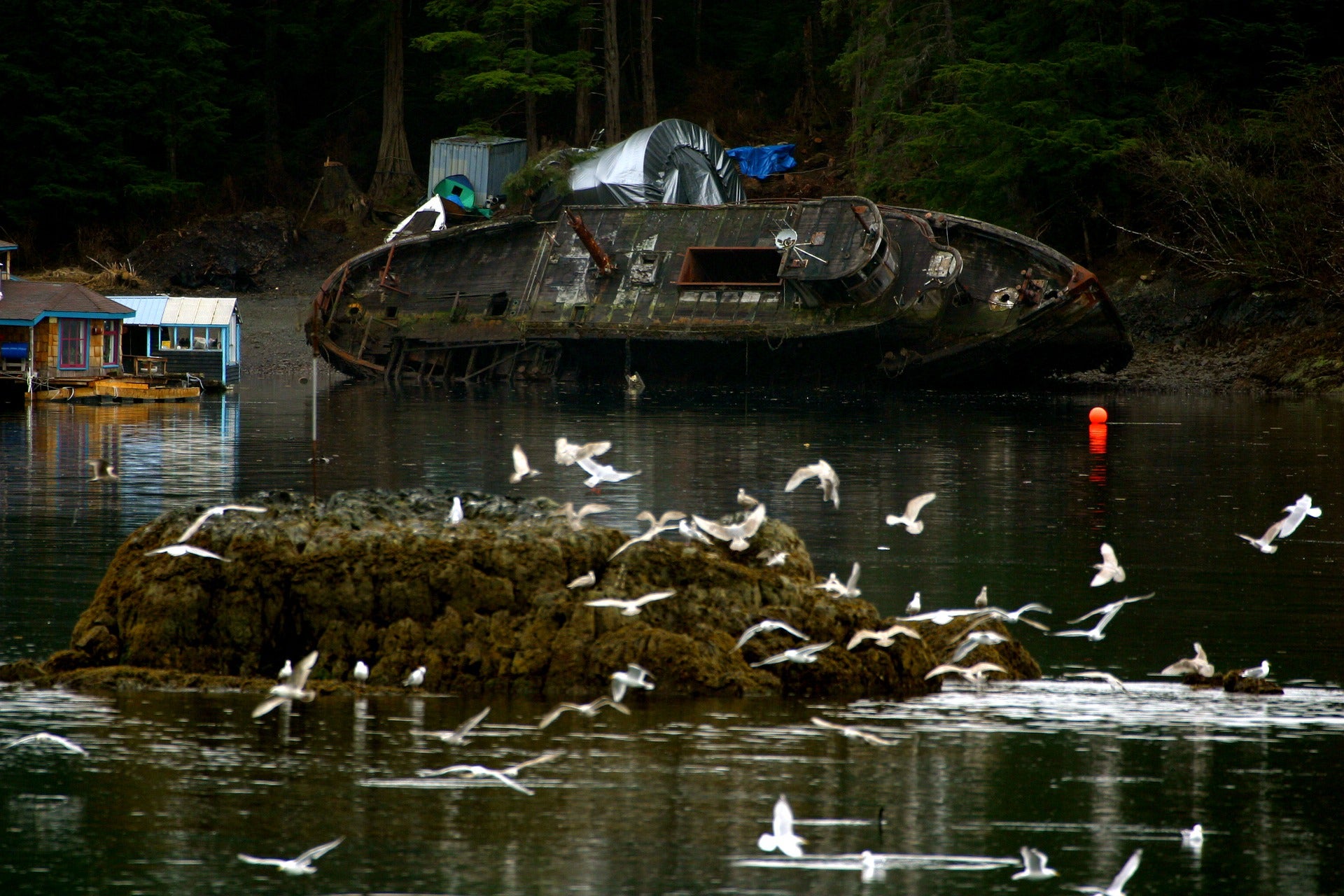
A Guardian report has revealed that a mining operation owes millions in unpaid taxes and royalties to the Solomon Islands. According to information garnered from a senior governmental official, the Asia Pacific Investment Development (APID) company and its subcontractor, Bintan Mining Solomon Islands Ltd (BMSI), have not paid taxes or royalties on over one-third of their exports over the past five years.
The companies have been exporting bauxite ore, used in aluminium production, from the West Rennell islands since 2015, with 100 shipments shipped overseas. However, it has been revealed that they have paid royalties for only 67 of the 100 shipments during their operation.
Last year, former Prime Minister Rick Houenipwela, commenting on the case, said: “Sadly, the Solomon Islands have not benefited from the Rennell mining operations.”
Former Director of Mines Nicholas Biliki estimates that the unpaid ore shipments leave roughly A$13.4m owed to landowners and around A$1.65m owed in taxes, as well as approximately A$1.65m owed in payments to rehabilitate the island.
Bauxite mining
The process of mining bauxite is highly destructive to the surrounding environment. It is usually strip-mined, as it is almost always found near the surface of terrain, with little or no overburden.
On Rennell Island, bauxite mining has been a point of controversy since it first began. Landowners and officials have estimated that, since 2014, as much as 50% of the bauxite-rich soil in West Rennell has been exported.
How well do you really know your competitors?
Access the most comprehensive Company Profiles on the market, powered by GlobalData. Save hours of research. Gain competitive edge.

Thank you!
Your download email will arrive shortly
Not ready to buy yet? Download a free sample
We are confident about the unique quality of our Company Profiles. However, we want you to make the most beneficial decision for your business, so we offer a free sample that you can download by submitting the below form
By GlobalDataIn February 2019, Rennell Island was the site of the most severe man-made disaster in the country’s history. A bulk carrier, the MV Solomon Trader, ran aground on the Kongobainiu reef carrying 700 tonnes of oil.
The bulk carrier had been hired by BMSI and attempted to load bauxite from a nearby mine when it ran around. The environmental impacts were significant. The oil spill caused the direct loss of more than 10,000 square metres of reef and more than 4,000 square metres of lagoon habitat, as well as economic losses of up to A$50m.
A legacy of abuse
Despite the obvious damage of the Kongobainiu reef disaster, the APID and its sub-contractor, BMSI, have been accused of failing to rehabilitate areas impacted by mining. Biliki claimed that “more than a half of the areas mined have never been fully rehabilitated”.
The Soloman Island Government subsequently canceled APID’s mining lease in mid-October 2020. However, according to the government, they still have a legal obligation to clean up the damage caused by mining operations in the region.
In response to questions put to BMSI by the Guardian, a lawyer representing the company said: “We are unable to comment … due to pending proceedings before the high court of Solomon Islands. The most we can say is that the informations and allegations supplied may not be accurate and may contain misleading or misstated informations.”
This case is indicative of the broader issue of miners failing to live up to their obligations to smaller states to both remediate the local populace and clean up their operations after completion, two things the APID have grossly failed to do.



